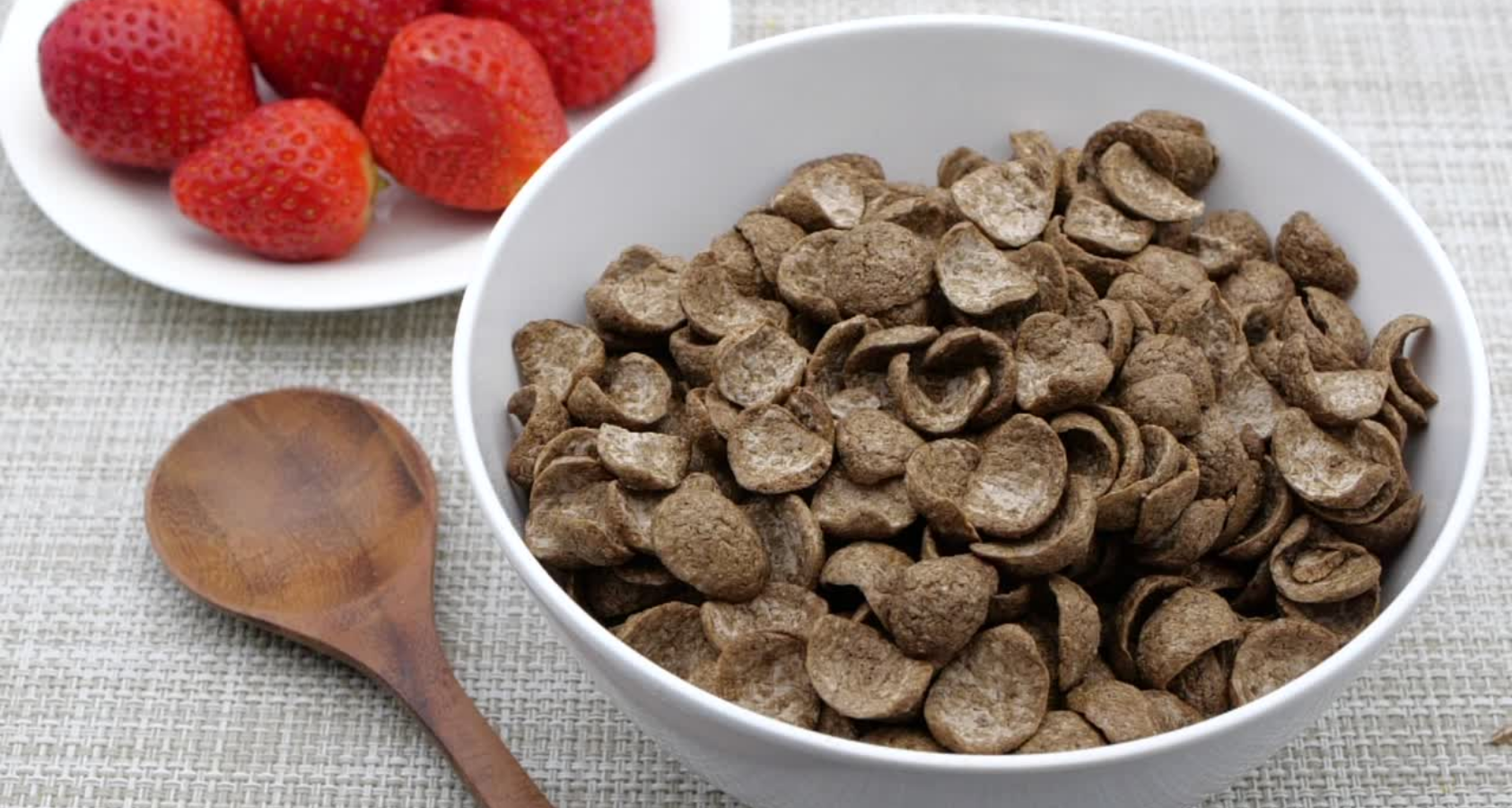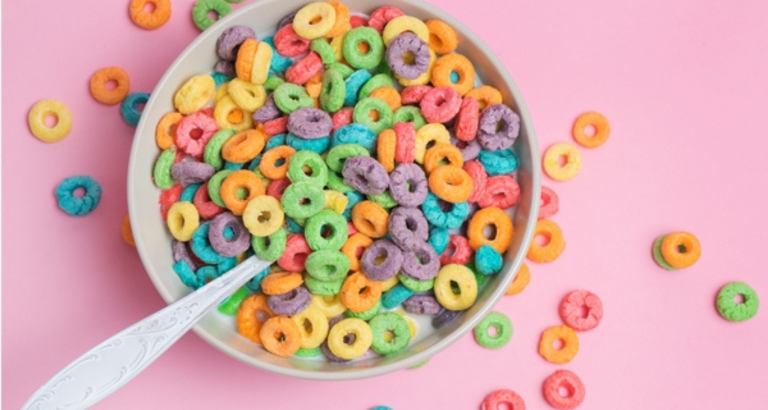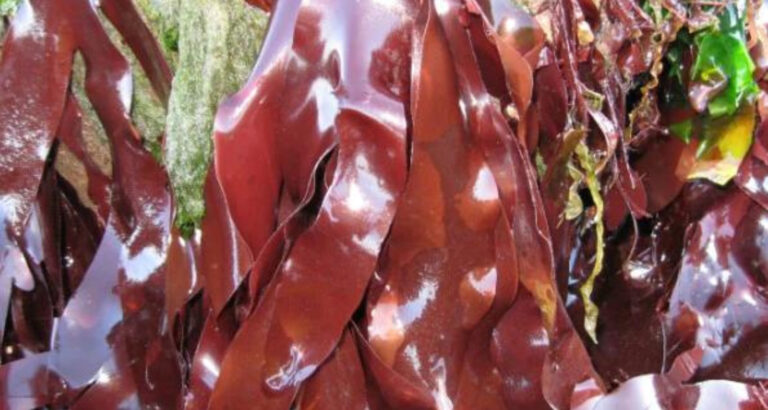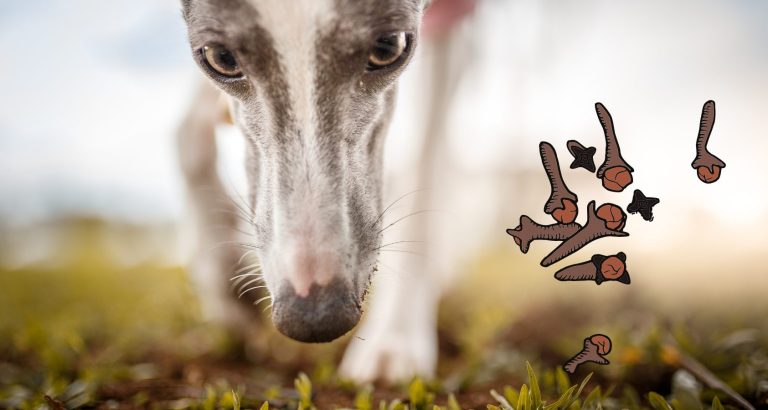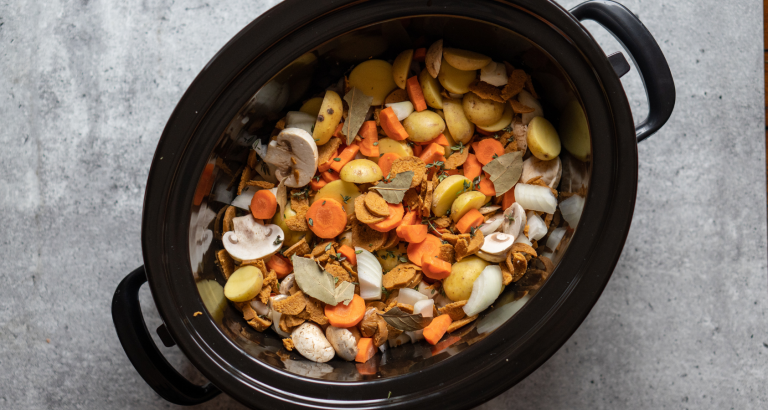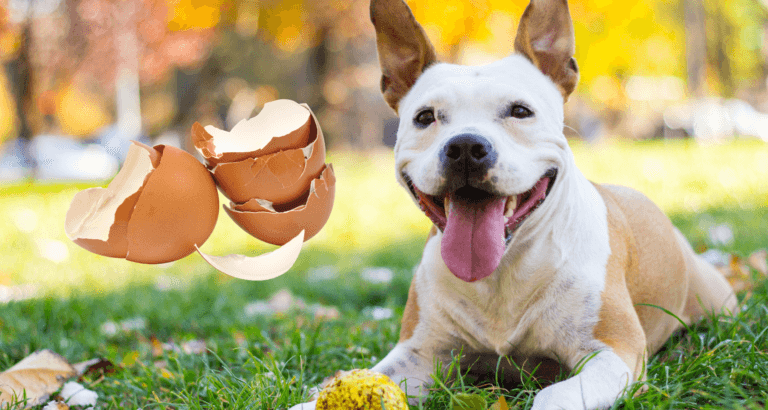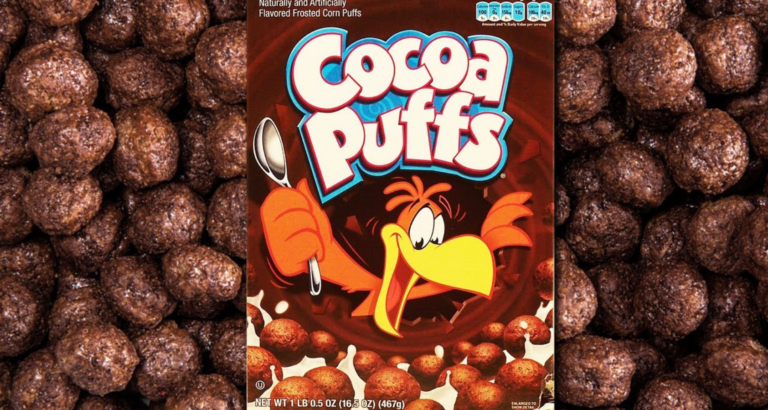Can Dogs Eat Cereal? This You Need To Know!
Last updated on October 6th, 2023 at 06:20 am
Reading Time: 14 minutesThis post may contain affiliate links. If you click and buy we may make a commission, at no additional charge to you.
Can Dogs Eat Cereal? Full List Of Brands!
Breakfasts are often incomplete in many homes without cereals. Dogs and dog lovers share their meals, snuggle and have a great time. The problem arises when dogs want cereals with their owners who are confused about whether they should give or not because they are not confirmed about ‘Can dogs eat cereals or not?’
Quick Answer
Cereals can be safe for dogs when used as an accompaniment to their balanced diet. Dogs can eat cereals but not every cereal is safe for them, and you need to analyze whether a particular cereal suits your dog or not. Generally, cereal with sugar, chocolate, and artificial additives are unsafe for dogs.
If you want happy meal-time with your pet family, don’t rely on dogs’ demands and carefully research what cereals can contribute to your dogs. Here you will find a well-researched guide distinguishing safe, bad, and healthy cereals for dogs with reasons and nutritional value of each cereal. Let’s get into details!
Can Dogs Eat Cereals – Are They Safe?
Claiming for the cereals to be safe or unsafe for dogs will be unfair as multiple factors count to establish this fact. You need to get into the details of cereal’s of cereals and find whether they will be safe for your dog or not. Many kinds of cereal are known for their extra sweetness, artificial sweetening agents, or sugar coatings. Similarly, added flavors, additives, and processed ingredients make cereals doubtful. Cereals add no nutritional value to dogs and prove a taste changer.
So, the best option is to give your dog a small amount of cereal that does not have much sugar content, food colors, or other nasty ingredients.
You can find cereals of different types, but the main categories are:
- Whole grain cereals include all types of cereal grains like oats, barley, rye, and wheat.
- Rice cereals have rice flour as the main ingredient and are free from wheat or other grains.
- Chocolate cereals are delicious and chocolaty with additional flavors, colors, and aroma.
Things to Consider Before Giving Cereals to Dogs
Dogs have certain body needs, or their digestive system is different from humans, and as a result, their eating requirements vary. When you have cereals in your dog’s meal, make sure to consider these things before presenting him a bowl full of cereals:
Food Allergies
Food allergies in dogs are common, and if your dog is allergic to grains, don’t panic; it’s not the end of the world. Dogs allergic to wheat, oat, and barley show symptoms to help you identify that particular food is not suitable for dogs. For instance, if your dog is sensitive to wheat but eats wheat cereal, he may show red skin, ear infection, pet licking feet, and puffiness. The best way to deal with such a situation is to avoid that cereal and try grain-free options like rice cereal.
Lactose Intolerance
All dogs cannot digest milk or dairy products and have difficulty processing the food. This happens because the dogs are lactose intolerant. Unfortunately, many bowls of cereal are prepared in warm milk. Lactose intolerant dogs have gastric trouble, bloating, vomiting, diarrhea, cramping, and other stomach issues after consuming such things.
Diabetes
Before feeding cereal to dogs, another significant factor to consider is their diabetic condition. If your dog is diabetic, don’t allow him sugar-rich cereals as they multiply problems and end up with decreased life of your furry baby.
Cereals for Dogs
| Safe Cereals | Bad Cereals | Healthy Cereals |
| Honey Bunches Of Oats Cap’n Crunch Lucky Charms Cheerios Trix Apple Jacks Frosted Mini-Wheats |
Raisin Bran Reese’s Puffs Cocoa Puffs Froot Loops |
Bran Flakes Cream Of Wheats |
What Cereals are Safe for Dogs?
When finding safe cereals for dogs, don’t get confused with the term ‘Safe’ with healthy as the cereals tagged as safe are the ones that are not poisonous to dogs still can harm if used as a regular meal.
Some cereals do not contain much sugar, and they don’t have chocolate, nuts, and raisins that make them a good fit for a dog. Any cereal having these qualities is probably safe for your dog in small quantities, and you can offer it as a reward or occasional treat.
Bear in mind these cereals are safe until given sparingly to cherish dogs or as a treat during training.
The safe cereals for dogs are:
Honey Bunches of Oats
Honey bunches of oats are regarded safe for dogs if given in a small amount. You can find corn, wheat, oats, sugar, rice flour, salt, and honey as the main ingredients on the honey bunches of oats package. With the ingredients mentioned, you can guess how healthy this cereal is for your dog.
You know better dogs need nutrient-packed meals, and if you want to give cereals like honey bunches of oats, do not exceed the amount.
When given moderately, honey bunches of oats can provide essential nutrients like manganese, phosphorous, zinc, Vitamin B6, and iron.
While on the flip side, excess consumption can be harmful as these cereals have lots of sugar and artificial ingredients.
Overconsumption of honey bunches of oats can put dogs at risk of:
- Diabetes
- Dental disorders
- Plaque on the teeth
- Weight gain
You should remember honey bunches of oats are considered safe for highly active dogs as they provide a good amount of calories. If not so active dog breeds have this cereal, the chances of weight gain increase. So, always keep an eye on dogs’ weight and keep monitoring the good and bad sides of honey bunches of oats.
| Nutrients | Amount Per Serving |
| Fat | 3g |
| Cholesterol | 0 |
| Total carbohydrates | 34g |
| Dietary fiber | 2g |
| Protein | 3g |
| Calories | 170 |
Cap’n Crunch
If your dog is not allergic to whole grains, Cap’n crunch could be a nice choice. Cap’n crunch is made of corn flour as the main ingredient and has sugar, oatmeal, salt, and some oil to make it tasty. Since the cereal contains great grains, it will be a happy moment to eat Cap’n crunch but can lead to allergic reactions in dogs with food allergies. Most of the time, dogs allergic to oats or corn show signs such as skin rashes, vomiting, and diarrhea.
A good way of testing allergy in dogs is only to feed cereal and notice if he remains normal or shows sickness. Any skin rash or sensitivity will conclude Cap’n crunch is not good for your dog.
At the same time, high sugar content could be alarming and may prove hard to digest. Dogs unable to digest sugar or sweet cereals experience stomach pain, cramps, and similar consequences.
| Nutrients | Amount Per Serving |
| Fat | 0g |
| Cholesterol | 0 |
| Total carbohydrates | 86mg |
| Dietary fiber | 2g |
| Protein | 4g |
| Calories | 401 |
Cheerios
In the list of safe cereals for dogs, Cheerios have a special place. They are comparatively mild with not-so-harmful ingredients, including whole grain oats, corn starch, sugar, and salt. No food colors or sugar coating on cereal reflect cereal is low in sugar and is whole-grain cereal.
Your dog eating Cheerios is not at risk of gaining weight due to high sugar, diabetes, cardiovascular diseases, and other kidney problems. But we cannot say anything if you have added too much sugar to his bowl. Additionally, don’t let him eat a full bowl of Cheerios. Give a small dish with no extra sugar, and it should be done occasionally.
Here you must not forget, Cheerios has whole-grain oats, and dogs eating these grains can develop urinary tract infections. Therefore, it is necessary to be vigilant about pups feeding this cereal and discontinue feeding Cheerios if there are symptoms of urinary infection.
| Nutrients | Amount Per Serving |
| Fat | 1.5g |
| Cholesterol | 0mg |
| Total carbohydrates | 19g |
| Dietary fiber | 2g |
| Protein | 3g |
| Calories | 100 |
Trix
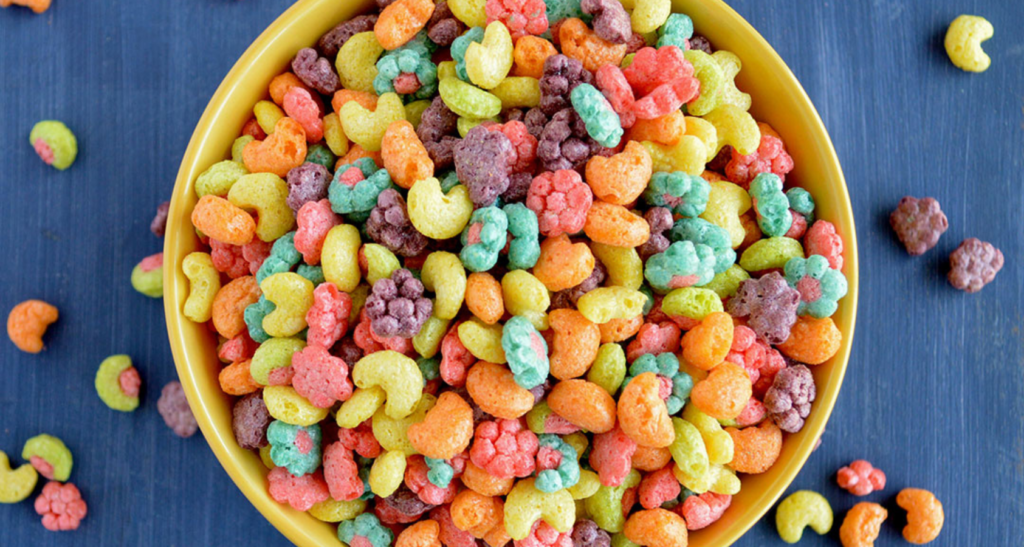
The true answer for whether Trix is safe for dogs lies in between Yes and No. The fruit-colored, sweet, and delicious cereal is safe unless given large amounts. The cereal pieces are sugar-coated and are only allowed to dogs occasionally in small portions.
Among many problems associated with sugar-rich cereals is that dogs develop sugar cravings that urge them to eat only a sugary meal. As a result, they don’t get satisfied with a dog-specific diet and become stubborn in their eating habits.
This sweet cereal and other sugary meals make dogs lethargic with no activity, obesity, diabetes, cardiovascular disease, and even kidney disease.
Thus, if you want to use Trix for dogs safely, give it as a treat on special occasions or as a reward for nice behavior.
| Nutrients | Amount Per Serving |
| Fat | 5g |
| Cholesterol | 20mg |
| Total carbohydrates | 12g |
| Dietary fiber | 0g |
| Protein | 9g |
| Calories | 130 |
Apple Jacks
Applejacks is a unique cereal everyone loves to eat, and dogs can also not resist eating Apple Jacks. Sugar, wheat flour, oat flour, salt, cornflour, and apple juice is the main things combine to prepare Apple Jacks, but due to high sugar content, this cereal must not be your dog’s go-to meal.
So, do not allow dogs to eat Apple Jacks regularly or in large amounts as sugar sticks to their teeth and cause dental cavities.
If brushed properly after eating Apple Jacks, the chances of tooth decay can be avoided, but this happens seldom. Dog parents rarely notice this aspect and do not develop cleaning teeth after consuming cereals. You must not be ignorant and take care of dogs’ teeth, weight gain, diabetes, and other medical concerns.
| Nutrients | Amount Per Serving |
| Fat | 1g |
| Cholesterol | 0mg |
| Total carbohydrates | 24g |
| Dietary fiber | 3g |
| Protein | 1 |
| Calories | 100g |
Frosted Mini-Wheats
Frosted mini wheats are popular biscuit cereals and taste nice. The crunch and frosted sugar make them unique among other cereals, but you should take special care when feeding this cereal to dogs. Dogs fond of Frosted mini wheats can have severe health complications. But if you keep it in moderation or allow him just as a treat. It will be safe for them.
| Nutrients | Amount Per Serving |
| Fat | 1g |
| Cholesterol | 0mg |
| Total carbohydrates | 46g |
| Dietary fiber | 6g |
| Protein | 5g |
| Calories | 190 |
Lucky Charms
Dogs indeed are not lucky enough to eat a bowl full of Lucky Charms, but you are. There are marshmallow shapes in the cereal that add interest and make them a favorite of all dogs cannot eat this cereal frequently as it gives no benefit. There is no considerable amount of nutrients that help dogs keep them active all the time to fulfill their body’s needs.
Instead, overconsumption of Lucky charms can result in teeth disorder, increased blood sugar levels, and cause obesity.
| Nutrients | Amount Per Serving |
| Fat | 1.8g |
| Cholesterol | 0mg |
| Total carbohydrates | 29g |
| Dietary fiber | 1.8g |
| Protein | 2.8 |
| Calories | 137g |
What Cereals are Bad for Dogs?
The cereals labeled as bad among long-range cereals are loaded with sugar, with excessive multicolor, artificial sweetener, cocoa powder, chocolate, or its derivatives.
You cannot deny the fact that these are the tastiest among all, but they are really bad for dogs due to the resulting health complications.
Thus, it is the absolute necessity of dog parents to have a check on what cereals are bad for the dog, such as:
Raisin Bran
The ingredients of raisin bran include whole grain wheat, raisins, wheat bran, sugar, brown sugar syrup, and malt flavor to add a special taste.
Raisins, grapes, or their consumption in either form is highly toxic to dogs and cause inevitable side effects. In barn flakes, only the bran is safe, but raisins need to be avoided at any cost, and you should not allow your pup to eat this cereal infrequently.
You will be upset to get but, indeed, dogs frequently eating raisin bran can have kidney failure. There is not much evidence about substance making raisins toxic however you must be cautious about discouraging raisin bran eating habits of your dog after knowing health complications.
The symptoms of raisin toxicity are:
- Vomiting
- Diarrhea
- Lethargy
- Constipation
- Increased thirst
- Digestive upset
- Bad breath
Regardless of the amount of raisin bran consumed, if your dog shows any of these symptoms after eating this cereal, don’t make a delay in taking him to the vet. Plus, seek advice about using this cereal for other pets in the future.
| Nutrients | Amount Per Serving |
| Fat | 1.6g |
| Cholesterol | 0mg |
| Total carbohydrates | 46g |
| Dietary fiber | 6.7g |
| Protein | 4.6 |
| Calories | 188g |
Cocoa Puffs
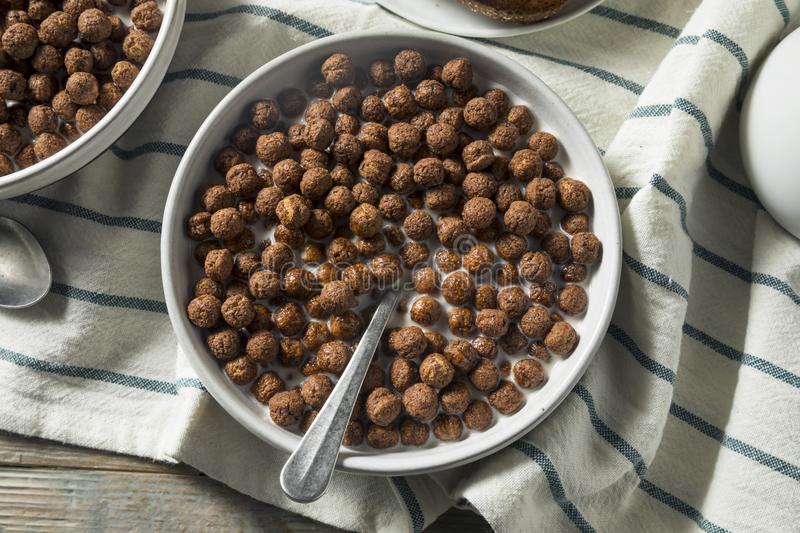
First-time dog parents are often unaware that chocolate is not allowed for dogs and cocoa puffs have a good amount of it. Cocoa powder accompanies chocolate in Coco puffs, and both contribute to making cereals unsafe for dogs.
Dog owners often inquire chocolate has no side effects on them, then why only on the dogs or pets. Simply, dogs’ bodies are different from humans’, and they cannot process chocolate, making dogs sick.
Additionally, chocolate has a chemical named ‘Theobromine’ that is toxic for dogs. If your dog eats too many cocoa puffs, there are chances of him getting chocolate toxicity, which can take your dog to an emergency situation.
You can notice these symptoms of chocolate toxicity in dogs after eating cocoa puffs:
- Seizures
- Shaking and trembling
- Abdominal swelling
- Vomiting
- Defecation
- Stomach ailment
Another important ingredient making cocoa puffs bad for dogs is sugar, and the condition worsens when you add spoons full of sugar to prepare cereal.
| Nutrients | Amount Per Serving |
| Fat | 1.9g |
| Cholesterol | 0mg |
| Total carbohydrates | 30g |
| Dietary fiber | 2.1g |
| Protein | 2g |
| Calories | 138 |
Reese’s Puffs
Reese’s puff cereals are similar to cocoa puffs and are chocolaty. The other main ingredients include whole grain corn, peanut butter, peanuts, sugar, salt, peanut oil, and rice bran. Some colors are also added for visual appeal.
Again, chocolate in Reese’s puffs is toxic and causes health complications due to the inability to digest chocolate. It would be best not to share any portion of this cereal with dogs and, if given, keep an eye to see reactions like restlessness, diarrhea, tremors, and vomiting within 6 to 12 hours of ingestion.
| Nutrients | Amount Per Serving |
| Fat | 3.2g |
| Cholesterol | 0mg |
| Total carbohydrates | 22g |
| Dietary fiber | 1.4g |
| Protein | 2g |
| Calories | 120 |
Froot Loops
Cereals with food colors and high sugar coatings are bad for dogs, and fruit loops are one of those unhealthy cereals. Getting into the ingredient list of Froot Loops, you will find maize flour, wheat flour, and oat flour as the main constituents. In addition to this, sugar, vegetable oil, salt, natural colors, and flavors are also present in the cereal.
There is no healthy element in Froot Loops with these ingredients, and dogs get the only sugary life-threatening meal. Undoubtedly, sugar or cereals do not directly kill dogs, but they create circumstances leading to a bad life.
For instance, dogs frequently eating a large amount of fruit loos can have heart diseases, liver diseases, and digestive issues leading to stomach problems, indigestion, or diarrhea. Similarly, sugar not consumed in the body is stored as fats resulting in weight gain, the root cause of many other problems.
| Nutrients | Amount Per Serving |
| Fat | 1.5g |
| Cholesterol | 0mg |
| Total carbohydrates | 37g |
| Dietary fiber | 5g |
| Protein | 2g |
| Calories | 160 |
Are There Any Healthy Cereals for Dogs?
Cereals are not a healthy choice for dogs, but after discovering safe and unsafe cereals, you must know some reasonably good varieties. The cereals included in this category are not sugar-rich lack extensive flavoring or coloring that would otherwise make them bad.
So, some healthy cereals for dogs are:
Bran Flakes
Bran flakes are safe for dogs as they have a significant portion of whole wheat, wheat bran, and whole wheat flour and contain small amounts of sugar, glucose, and salt. The cereal is high in fiber and is great for your dogs’ digestive health.
Your dog also gets a significant amount of zinc, copper, and other vitamins and minerals that help maintain and develop a healthy lifestyle.
A considerable benefit of bran flakes is they help lower blood pressure and cholesterol while increasing your pet’s energy. With no sugar or additives, bran flakes help maintain a healthy diet, but you should not get overwhelmed and feed large bowls of barn flakes.
Always introduce this cereal or any other new food to your dogs’ diet carefully and slowly to minimize any risk to your dog. Remember, your dog can benefit from bran flakes if given cautiously. Consider the size and weight of your dog and gradually increase the serving size for large dogs with careful attention to any signs of sickness.
Last but not least, always soften bran flakes with warm water and don’t add extra sugar for sweetness.
| Nutrients | Amount Per Serving |
| Fat | 1g |
| Cholesterol | 0mg |
| Total carbohydrates | 32g |
| Dietary fiber | 6.7g |
| Protein | 3.9g |
| Calories | 126 |
Cream Of Wheats
Cream of wheats is safe for dogs unless they have a wheat allergy. The cereal has only ground wheat mixed with boiled water until the wheat thickens, and dogs can benefit from this cereal. In fact, some veterinarians recommend the cream of wheats as the first meal after stomach sickness because it is light to the body. The soft and bland cereal helps dogs get back to daily meals after illness and improves digestion.
Bear in mind, cream of wheats like other cereals should not be a replacement for your dog’s balanced and protein-rich diet.
| Nutrients | Amount Per Serving |
| Fat | 0.8g |
| Cholesterol | 0mg |
| Total carbohydrates | 26g |
| Dietary fiber | 1.9g |
| Protein | 4.4g |
| Calories | 132 |
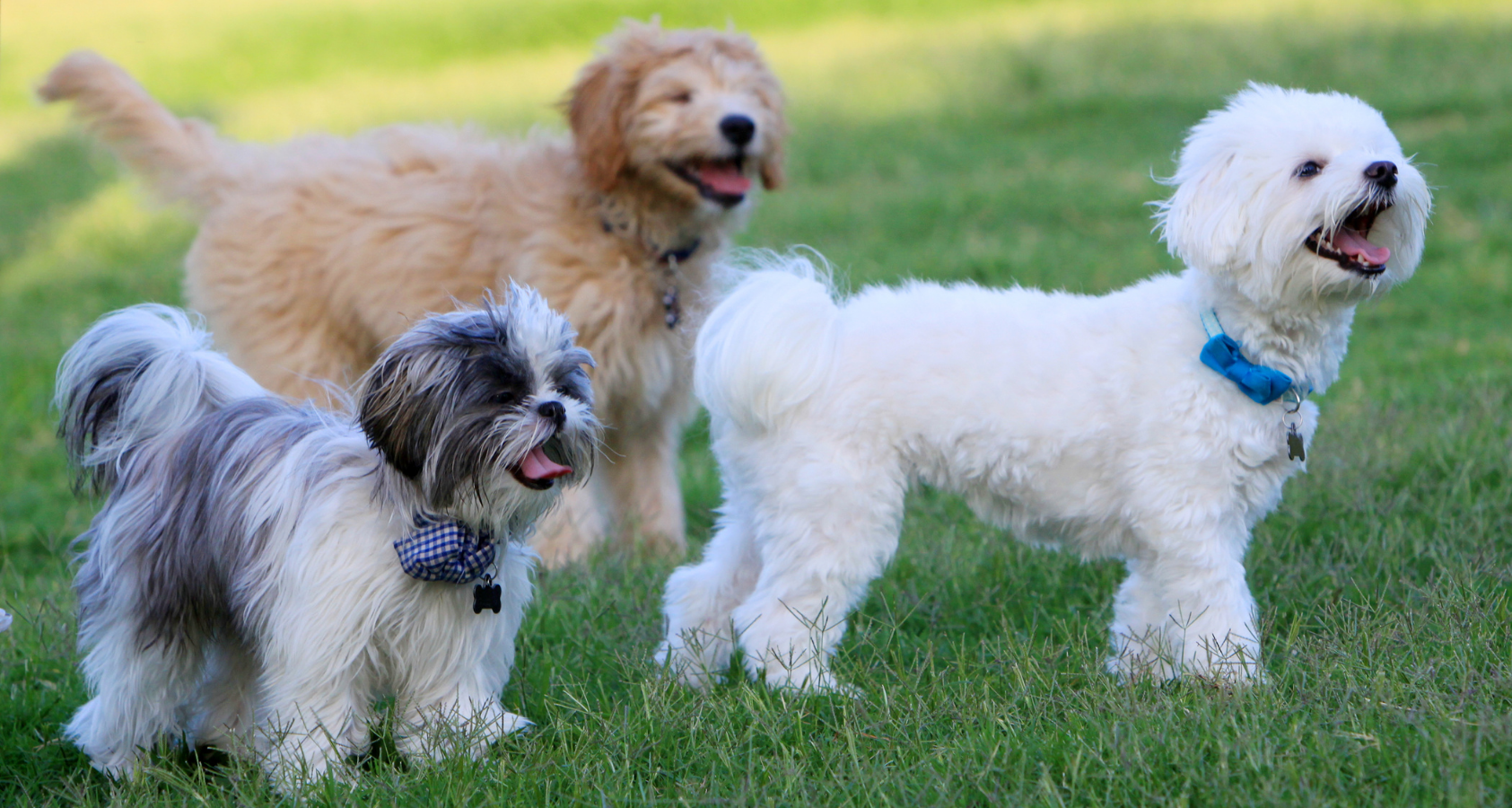
How Much Cereal Dogs Can Eat?
Dogs can eat a small portion of cereals that suit their body. A small bowl of cereal is fine as a treat or once every two weeks, but it should not include sugar. This amount can also be slightly increased for dog breeds similar to huskies because they remain busy and burn calories from cereals.
Similarly, it would be great to ask your vet for dog cereals with accurate serving size. Some vets recommend specific cereals for dogs with bad digestion to relieve the stomach.
Conclusion – Can Dogs Eat Cereals?
Cereals are safe for dogs, but only in small amounts and once in a while. Dogs with food allergies, lactose intolerance, and diabetes should avoid respective cereals and eat safe cereal varieties just as a treat. At the same time, some cereals are really bad and can cause life-long diseases such as diabetes, obesity, heart diseases, and digestive issues. So, always be careful to give cereals to dogs and use healthy options to make dogs strong and fit.
About The Author
I'm a content writer and researcher. But bottom line, I loveee animals. I had my first animal which was a guinea pig at age 8. Later had a bunny, dog and a lot, a lot of fish. Writing about what I know about pets will allow me to share my knowledge and love for them with everyone else. Dealing with dogs my entire life, I know a lot.

